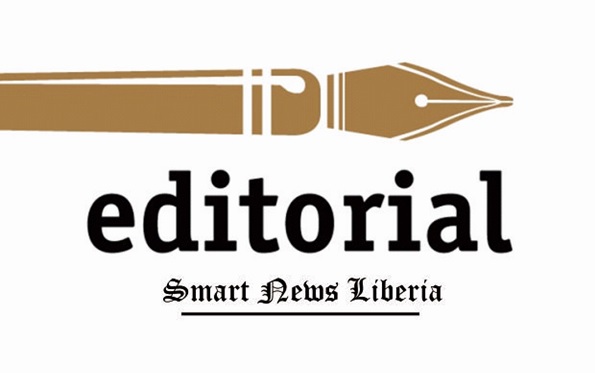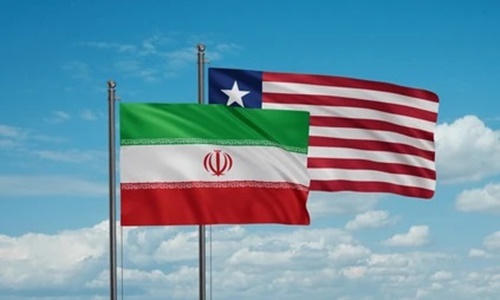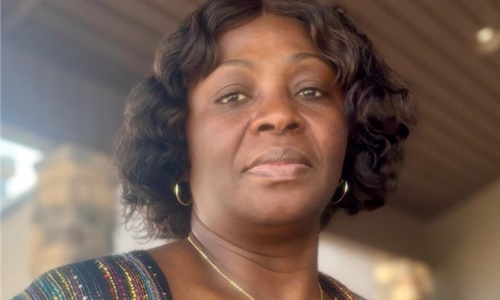Eight months into his presidency, Joseph Boakai’s administration is charting a dangerous course. Rather than addressing the immediate and glaring needs of the nation, his government has chosen to chase global recognition, specifically by lobbying for a seat as a non-permanent member of the United Nations Security Council (UNSC). At a time when Liberia is facing deep internal crises, this pursuit seems not only irrelevant but an outright misuse of the country’s already scarce resources.
Back home, Liberia is in desperate need of attention. Corruption, the most corrosive element in governance, is festering under Boakai’s administration. Despite promises of reform, there are clear signs that business as usual prevails, with key figures in the administration either implicated in scandals or failing to take action on the pervasive rot within government institutions. For instance, questions remain unanswered about the mishandling of funds meant for national projects, and audits of government agencies continue to reveal troubling discrepancies. These failures erode public trust while allowing corruption to take deeper root.
Yet, while this domestic decay continues, Boakai’s administration is expending time, money, and diplomatic capital on securing a seat on the UNSC. The question is: at what cost? The effort to secure this seat involves extensive international travel, lobbying expenses, and diverting the attention of key government officials away from the national crises they should be fixing. Resources that could be funneled into revitalizing the healthcare system or improving education are being squandered on what amounts to an international vanity project.
Take Liberia’s education system, for instance. Students are being churned out of schools that lack basic learning materials, adequately trained teachers, and proper infrastructure. The Boakai administration has yet to articulate a concrete plan to address the deteriorating state of schools, leaving young Liberians without the tools they need to succeed. Similarly, in healthcare, hospitals are ill-equipped, with a shortage of essential medicines and medical staff. Citizens are being left to fend for themselves in a system that is failing to provide even the most basic care. Agriculture, which should be the backbone of the economy, remains woefully underdeveloped. The country’s roads, vital for trade and access to services, are largely impassable, further isolating rural communities from the national economy.
Meanwhile, the push for a UNSC seat offers little to no tangible benefits for the average Liberian. What good is a seat at the world’s most powerful diplomatic table when the country is sinking under the weight of unresolved issues? The UNSC bid might provide a momentary boost to the administration’s international profile, but it does nothing to alleviate the real struggles faced by citizens every day. The roads remain broken, the hospitals underfunded, and corruption unchecked.
What’s worse, this international posturing risks alienating the very people Boakai was elected to serve. There is a growing sense among Liberians that their leadership is out of touch, more concerned with global appearances than with delivering on the promises made during the election. Boakai’s administration has not only failed to provide solutions but has also failed to prioritize the right problems.
Liberia does not need global prestige right now—it needs an overhaul. It needs a government focused on tackling corruption head-on, revamping the education and healthcare systems, developing agriculture, and fixing its infrastructure. The pursuit of international recognition at the expense of domestic progress is a grave miscalculation and reflects a fundamental misunderstanding of what Liberia needs at this critical juncture.
President Boakai should be redirecting his energy and the country’s resources to healing Liberia from within, not pursuing symbolic victories abroad. Until his administration confronts the real issues plaguing the country, Liberia will continue to bleed, and the cries of its people will grow louder.
It’s time for the Boakai administration to wake up to the realities facing Liberians. The focus must shift from global ambition to national salvation, or history will remember this as a wasted opportunity to transform a struggling nation.







